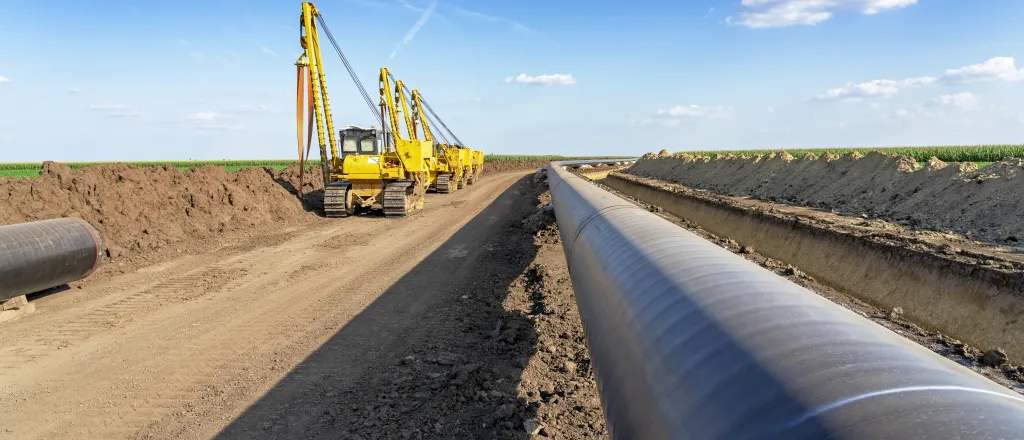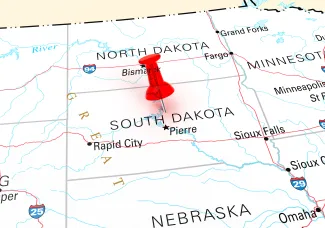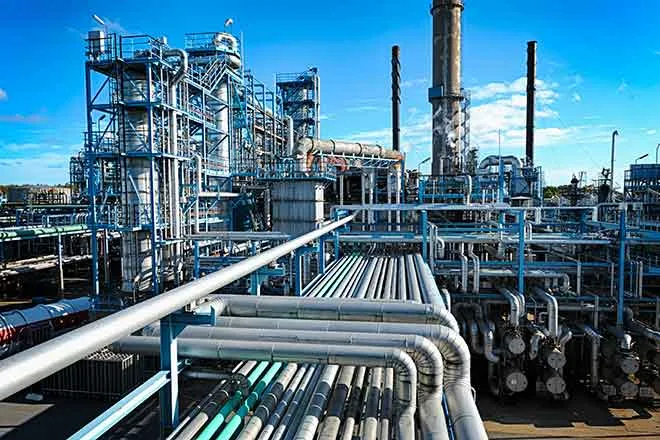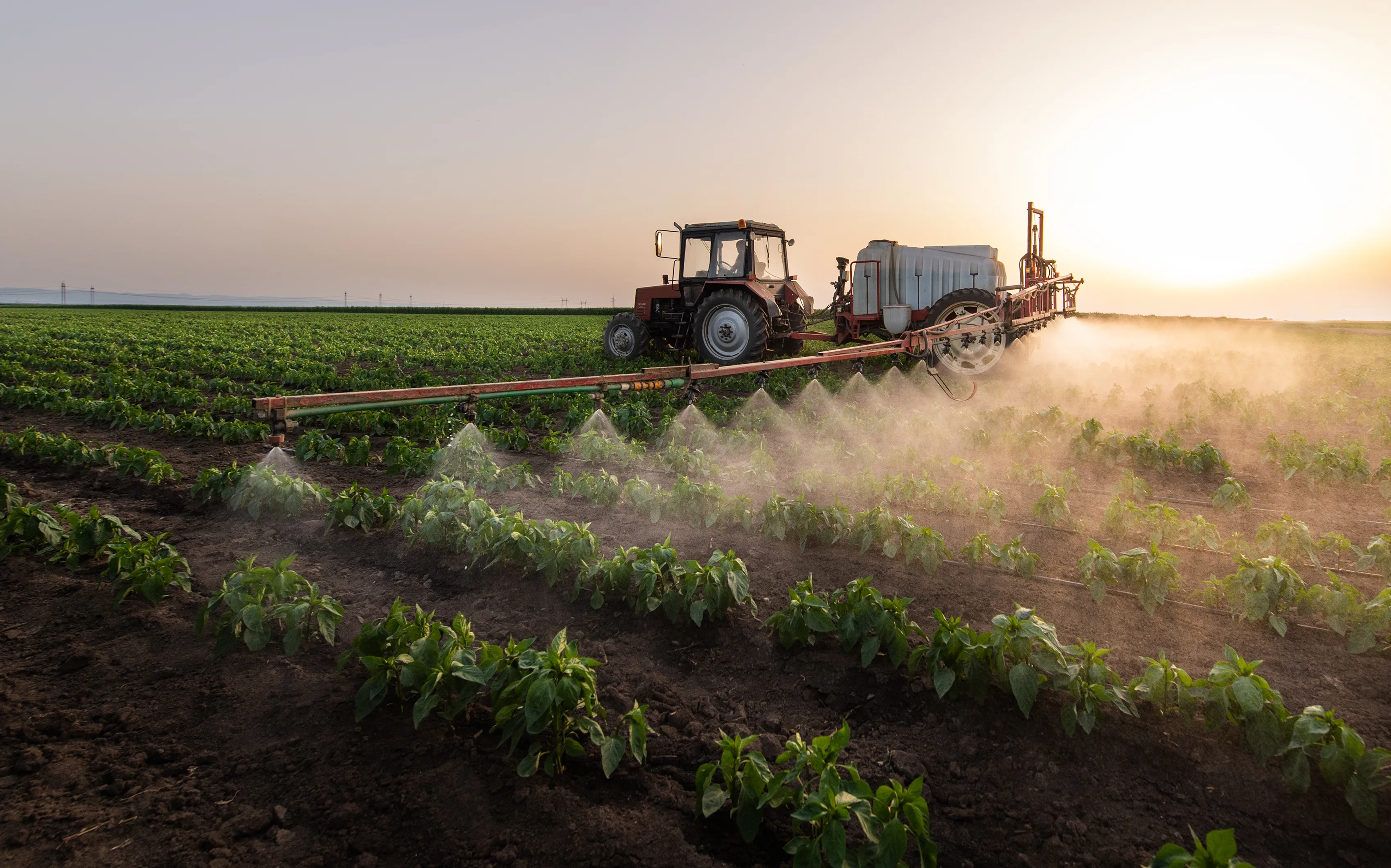
Ethanol companies back South Dakota pipeline ballot question with big bucks
Click play to listen to this article.
(Greater Dakota News Service) A proposed corn-starch-to-jet-fuel plant in South Dakota is on track to get big federal funding, but its feasibility could hinge on election results.
The proposed Lake Preston facility, dubbed Net-Zero 1 by the company Gevo, is set to receive a conditional loan of nearly $1.5 billion from the U.S. Department of Energy.

This comes just before Election Day, when voters will decide on Referred Law 21 - which will determine the future of carbon dioxide transmission pipelines in the state - and which Andrew Swanson, postdoctoral researcher at the University of California Davis, said projects like Net-Zero 1 would rely on.
"They can capture carbon dioxide that's naturally produced from distilling corn into ethanol, put it in a pipeline and send it underground," said Swanson. "And by doing that, that would dramatically reduce the emissions of ethanol."
Those reductions would get companies below federally-set emissions thresholds, triggering high tax credits in return.
Recent campaign finance reports show ethanol producers have contributed $2.7 million in support of the ballot measure, according to reporting from South Dakota Searchlight.
Opponents of the measure, mostly individuals and farm and ranch corporations, have raised just under $250,000.
Net-Zero 1 would support the Biden administration's goal of producing 3 billion gallons of sustainable aviation fuel in the U.S. by 2030.
The world's first ethanol-to-jet-fuel plant opened in Georgia earlier this year and will produce 10 million gallons of fuel per year. Swanson said the industry is still brand new.
"The federal government wants to increase the production by 100-200 fold within six years," said Swanson. "Now, we're kind of just waiting on the edge of our seats a little bit to see what they're going to decide with the carbon pipeline."
According to the Department of Energy, Net-Zero 1 would also make more than 1 billion pounds of animal feed protein and 30 million pounds of corn oil annually, and would create 100 operations jobs.
















